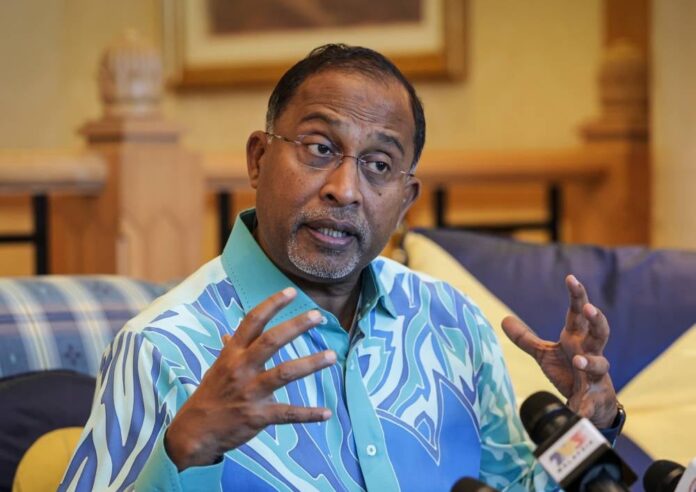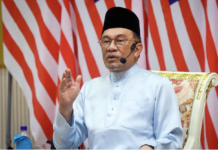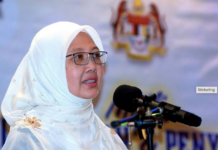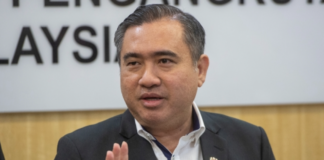BANDAR SERI BEGAWAN, Jan 24 — The development of the halal industry, especially involving food, is one of the new areas of collaboration that can be explored between Malaysia and Brunei in the post-pandemic era.
Foreign Minister Datuk Seri Dr Zambry Abdul Kadir said Malaysia and Brunei’s joint investment efforts in the development of the halal industry, especially in the production of halal food, will open a new chapter in terms of quality and certification of the halal industry that can have a mutually beneficial impact.
“(The standards set by) Malaysia and Brunei are among those which are renowned in terms of food quality and determination of halal food products, and (moving forward) we can both explore the halal industry even further,” he said to reporters here today.
He added that during Prime Minister Datuk Seri Anwar Ibrahim’s two-day official visit to Brunei which began today, the Malaysian Investment Development Authority and the Brunei Investment Agency will be signing a Memorandum of Understanding involving several major economic areas, aside from the halal food industry.
The areas include digital economy, oil and gas, artificial intelligence, smart farming and tourism.
“This is a significant joint understanding in terms of business relationships via the agencies involved.
“The Ministry of International Trade and Industry and other investment agencies will have plans to ensure that both parties can cooperate steadily and explore new business aspects that will drive economic growth,” he said.
Meanwhile, Zambry said that there are various potentials for both nations to enhance trade relations as import and export activities are improving and showing better growth.
He added that during a meeting between the Sultan of Brunei, Sultan Hassanal Bolkiah and the Prime Minister on Nov 28, 2022, the parties had discussed several issues, including ways to enhance trade relations.
He noted that there had been significant changes in the supply chain in the post-pandemic era, and this was adversely aggravated by the Russia-Ukraine war.
“The idea of globalisation was also challenged, with demand being unfulfilled. However, regional cooperations pose new potentials, and in this case, ASEAN can play a major role to ensure that supply is unaffected.
“The movement of goods and services can be done within the ASEAN region more easily, so there is no need to rely on sources that are too far away.
“Cooperation at the ASEAN level will give us advantages, so I believe that Malaysia and Brunei will see that the regional cooperation will give added value and help to address economic gaps,” said Zambry.
He added that following the reopening of the economic sectors post-pandemic, the Malaysia-Brunei trade relations recorded a positive performance with a trade volume of more than RM10 billion, thus boosting confidence for the exploration of cooperation in many new areas.
Last year, Brunei was Malaysia’s 26th biggest trade partner and its sixth in ASEAN, with total trade at RM13.22 billion.
From January-December 2022, Malaysia’s exports to Brunei increased by 33.3 per cent year-on-year to RM7.4 billion, while imports from Brunei stood at RM5.82 billion, an increase of 154.8 per cent compared to the previous year.
















